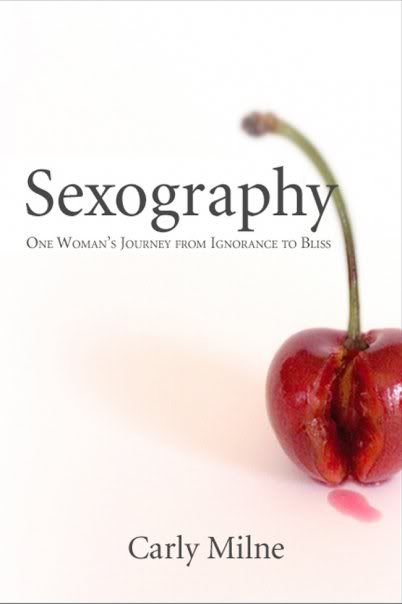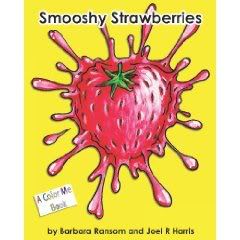 Author Lisa Napoli, wrote Radio Shangri-La based on her experiences in and around the Kingdom of Bhutan. Napoli has worked as a a reporter and host for the public radio show Marketplace; a journalist for the New York Times, where she covered the Internet revolution and the cultural impact of technology; an on-air personality and a columnist for MSNBC; and more.
Author Lisa Napoli, wrote Radio Shangri-La based on her experiences in and around the Kingdom of Bhutan. Napoli has worked as a a reporter and host for the public radio show Marketplace; a journalist for the New York Times, where she covered the Internet revolution and the cultural impact of technology; an on-air personality and a columnist for MSNBC; and more.
Napoli is one of four featured authors at the LA Mediabistro Book Party on July 18 at Whiskey Blue in Westwood from 7pm – 9pm. For info on the other authors and to RSVP, go to Mediabistro.com.
What led you to first start writing?
I always loved to read, so it made sense to write. My best friend and I would sit on our porches as kids and write, write away. I wanted out of Brooklyn, which was not nearly as hip as it is now. I’m not from privilege or wealth, so I saw journalism as a way to get access to what I never would otherwise have: people, stories, ideas.
What inspired you to travel to the other side of the world?
I went there temporarily, because, as I write in Radio Shangri-La, I met a cute guy at a party who asked me to help start a radio station in the Kingdom of Bhutan at the dawn of democratic rule there. I was bored in my work, felt unsure about how to grow old gracefully, and that sounded like a totally different experience than working at my job (which was, at the time, as a reporter and host at Marketplace).
How did that adventure turn into the book Radio Shangri-La?
I couldn’t get Bhutan out of my mind. So I kept going back, sneaking away on vacation. Like a love affair. I felt a profound sense of change in the way I looked at the world as a result of the first experience there, which lasted six weeks but was powerfully packed and reframed how I looked at my life and the world. Then I realized, while my experience was unique, it was also universal: people, when they get to mid-life, have this feeling of discontent and then, an awakening. Sometimes it’s a divorce or a death or a job change that sparks it. In my case it was getting on a plane because of a total stranger and going to a place very few people ever go, a magical Buddhist kingdom that was cut off from the world for so long.
What was your process for writing Radio Shangri-La? Getting it published?
I wrote a 90-page proposal with an amazing agent, who then sold world-wide rights to Random House. I got very, very lucky, in other words, but I worked on that proposal for nine months, while I was working, often overnights, at Marketplace.
Writing it was sheer joy. I had a year. The first year of my life where I didn’t have to juggle jobs, as I often have, to make ends meet. All I did was research and write, research and write.
I went to Washington DC for two months to volunteer at the Smithsonian Folklife Festival, which was about Bhutan that year, and then to El Paso, Texas, the scene of some important research for the book, then back to Bhutan for several months, then finished writing here in downtown Los Angeles.
What was your favorite part of writing it? The greatest challenge?
There was no really great or really bad—all of it was a divine privilege: to have had the experiences, to have sold it, to be able to work on it every day. Mostly to have had the experiences. I can’t believe I actually have gone to Bhutan six times, met the people I have, seen what I’ve seen … all because of this random encounter, too.
When writing non-fiction, how did you decide what to include and what to eliminate?
It’s too complicated to explain that without explaining exactly what I did and didn’t put in. But it’s a good point for people to remember: You can’t include everyone and every incident. Or every single detail. I guess that’s the “art” of it, hard to describe but critical to the process.
In what ways has working in radio helped you as a writer/journalist? And vice versa?
Writing for radio is a certain sort of art. It’s kind of like poetry or children’s writing; it’s got to be brief and action-packed.
The experiences I’ve had writing for the New York Times, on the other hand, taught me the importance of specificity and fact-checking.
I’ve been very lucky to experience work in every medium, and I’ve learned (often without realizing it) from each one.
What do you know now that you wish you knew when you first started writing?
I’m not a regrets or revisionist history person. It’s all worked out well. I’m also glad I didn’t romanticize writing a book, thinking that writing it or selling it and getting it published would “complete me.” I’m proud to have done it, but I see people who think they HAVE to do it or they’ll die, or they HAVE to have it a certain way or else it’s not valid. that’s problematic.
Advice for non-fiction writers?
Don’t talk about it. … Just do it.
What’s next?
I love volunteering, working part-time at KCRW, helping my boyfriend Ted out with his speaker series, Live Talks LA, and swimming every day. I’m working on three book projects: One for a monk friend in Koreatown, one about the parties we have every Friday night, and a big gigantic biography that’ll take a long time, about a famous rich woman whom I admire—she gave away every single penny of her fortune before she died, to charity.










Comments are closed.
[…] July 18: The next LA Mediabistro Book Party will be at Whiskey Blue in Westwood from 7pm – 9pm. RSVP here. Featured authors are Jim Krusoe, Parsifal; Lisa Napoli, Radio Shangri-La; Alix Ohlin, INSIDE; and Tere Tereba, Mickey Cohen: The Life and Crimes of L.A.’s Notorious Mobster. Read the Author Q&A with Lisa Napoli. […]